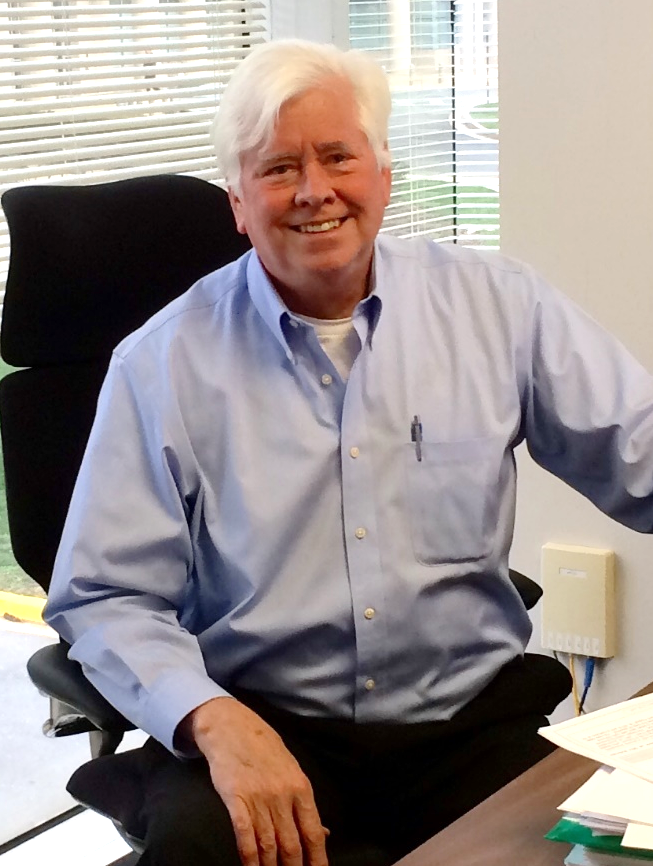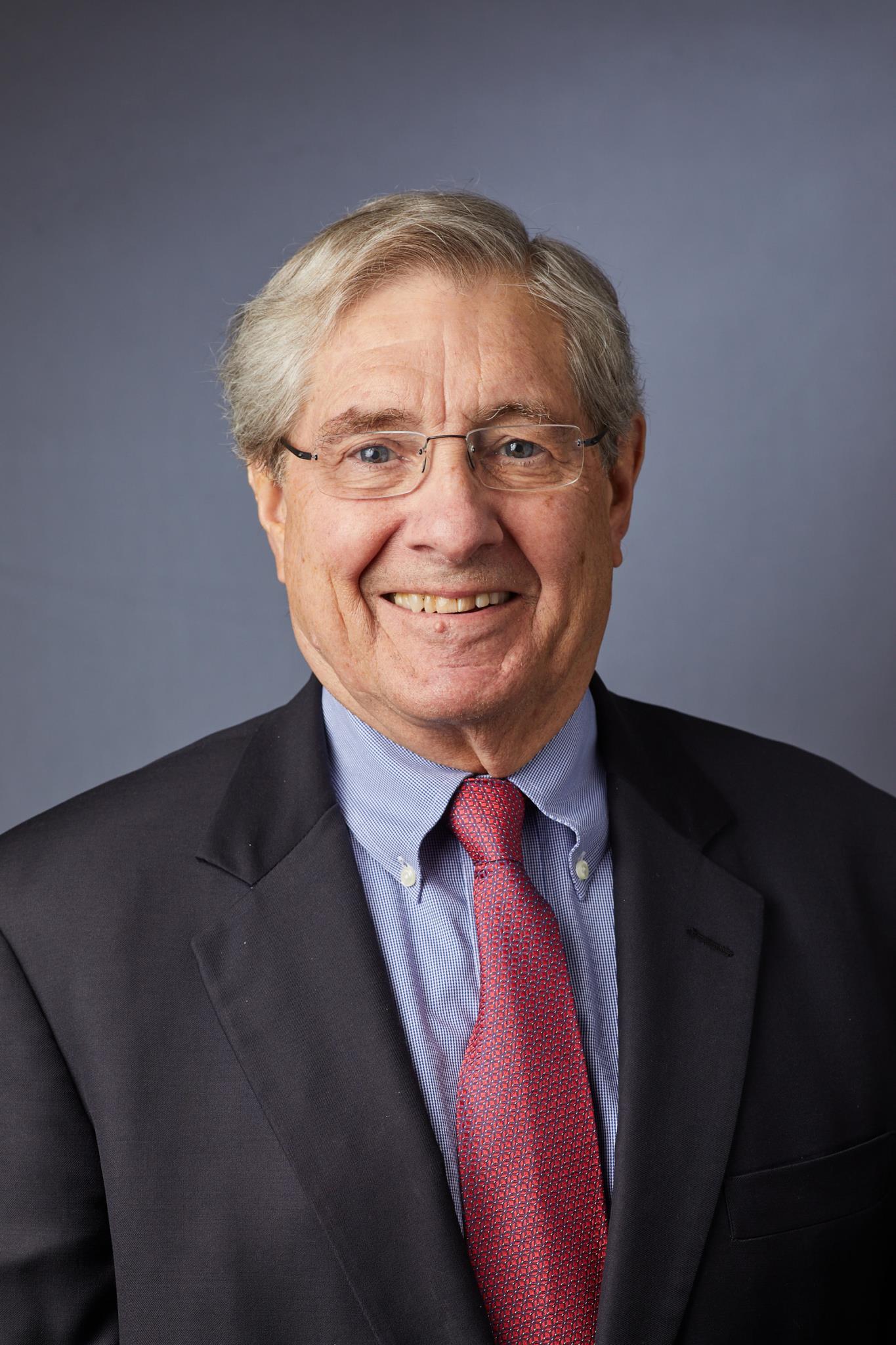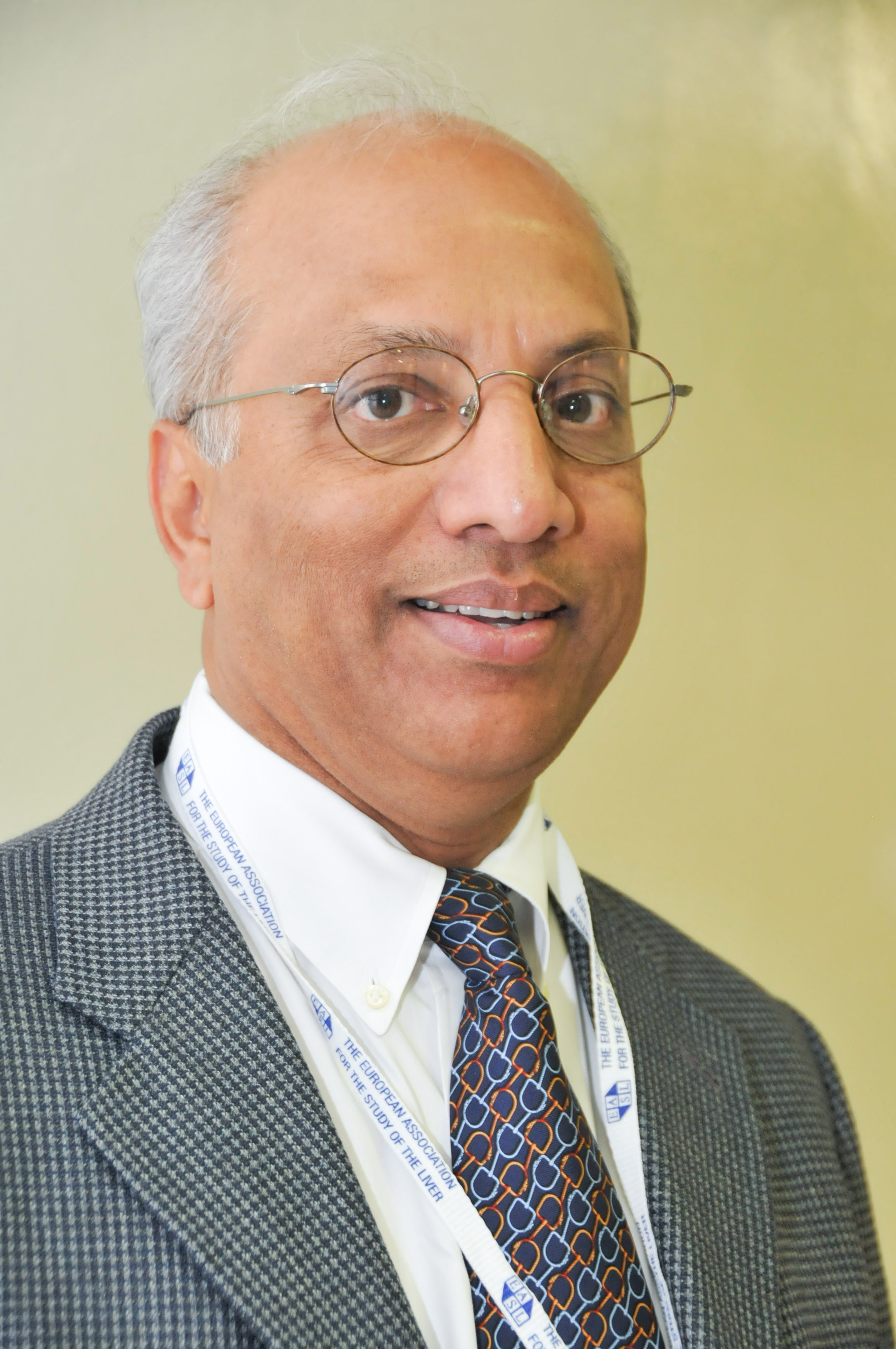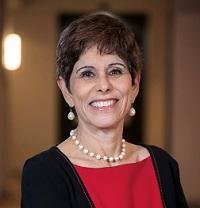
Hepatotoxicity SIG: Drug-Induced Liver Injury Due to Chemotherapeutic Agents
Recorded On: 10/20/2017
A look at both traditional and new chemotherapeutic agents associated with liver injury will help attendees gain a working knowledge of agents that can cause liver injury, how the injury presents, and how to make the diagnosis. This program also offers new insight on the challenges for chemotherapeutic drug development, approval and post-marketing surveillance in the U.S.

Jay H. Hoofnagle
Jay H. Hoofnagle, MD, FAASLD is the director of Liver Disease Research Branch at the National Institute of Diabetes and Digestive and Kidney Diseases (NIDDK) of the National Institutes of Health (NIH) and is responsible for administration and award of research grants on liver and biliary diseases. Dr. Hoofnagle has a B.A. from the University of Virginia and an M.D. from Yale Medical School. He did post-graduate training in internal medicine at the University of Virginia Hospital and gastroenterology-hepatology at the Washington DC Veterans Administration Hospital. He was a research staff fellow in the Hepatitis Branch of the FDA and in 1978, joined NIDDK as a senior investigator in the Liver Diseases Section and in 1988 was appointed the director of the Division of Digestive Diseases and Nutrition, an extramural position responsible for administration and funding of grants, fellowships and awards in nutrition, gastroenterology and liver disease. In June 2003, Dr. Hoofnagle stepped down and become the founding Director of the Liver Disease Research Branch and was responsible for developing the trans-NIH long-term Action Plan for Liver Disease Research and supervising liver disease research funding. Dr. Hoofnagle is also the senior editor of the NIH supported website on drug induced liver disease (https//livertox.nih.gov) that includes discussion of more than 1200 medications and herbal products. Dr Hoofnagle is the author more than 500 journal articles and book chapters on liver disease. He is a former president of the American Association for the Study of Liver Diseases (AASLD) and is the recipient of several honors for his contributions to liver disease research including the AASLD’s Distinguished Achievement Award.

James L. Boyer
James L. Boyer, MD, FAASLD is the Ensign Professor of Medicine and Emeritus Director of the Liver Center at Yale University School of Medicine. He is a graduate of Haverford College (1958) and the Johns Hopkins University School of Medicine (1962). From 1982 until 1996 he directed a combined Digestive Disease Section in the Department of Medicine at Yale. He was the founding Director of the NIDDK funded Liver Center at Yale since 1984 and former Director of the NIEHS Center for Membrane Toxicity Studies at the Mt Desert Island Biological Laboratory in Salsbury Cove, ME where he was also Chairman of their Board of Trustees from 1995 to 2003 and 2011-2013. He is past Chair, Board of Directors of the American Liver Foundation and a current member of Board of Mangers of Haverford College and Honorary Board member of the Mt Desert Island Biological Laboratory. Dr. Boyer has a broad interest in all aspects of basic and clinical hepatology. His laboratory has pioneered in understanding the cellular and molecular basis of bile formation and cholestasis and was supported by NIH for more than 40 years including two MERIT awards from NIDDK. He is a member of the AASLD, ASCI, AAP, APS and ACCA and past president of both the American and the International Association for the Study of Liver Disease. He is the recipient of Distinguished Achievement Awards from the AGA, AASLD and American Liver Foundation and the EASL International Recognition Award in 2020.

K. Rajender Reddy

Laurie D. DeLeve
Laurie D. DeLeve, MD, PhD, FAASLD has been on the faculty at the University of Southern California in Los Angeles since 1990 and is Professor of Medicine and Vice Chair for Scientific Affairs in the Department of Medicine at the Keck School of Medicine. She received her MD at the Erasmus University of Rotterdam in the Netherlands and her PhD at the University of Toronto in Canada. She did her training in Internal Medicine at the University of Michigan in Ann Arbor, followed by a fellowship in Gastroenterology/Hepatology at UCLA. Dr. DeLeve is a physician-scientist and is involved in patient care, basic research, and education of medical student, residents, and Fellows.
Dr DeLeve’s NIH-funded research has focused on the biology and pathobiology of liver sinusoidal endothelial cells (LSECs). Early work from her laboratory demonstrated that LSECs were the initial target in sinusoidal obstruction syndrome and these studies provided significant insight into the mechanisms of this syndrome. Subsequent research examined the role of LSECs in other forms of liver injury. Dr DeLeve’s lab demonstrated that LSECs maintain hepatic stellate cell quiescence, that LSEC capillarization prior to fibrosis is permissive for hepatic stellate cell activation and why that is so. In recent years, Dr. DeLeve’s lab was the first to identify resident and bone marrow sinusoidal endothelial cell progenitor cells, so-called bone marrow sprocs. Her laboratory has examined the role of bone marrow sprocs in acute and chronic liver injury.

Arie Regev


